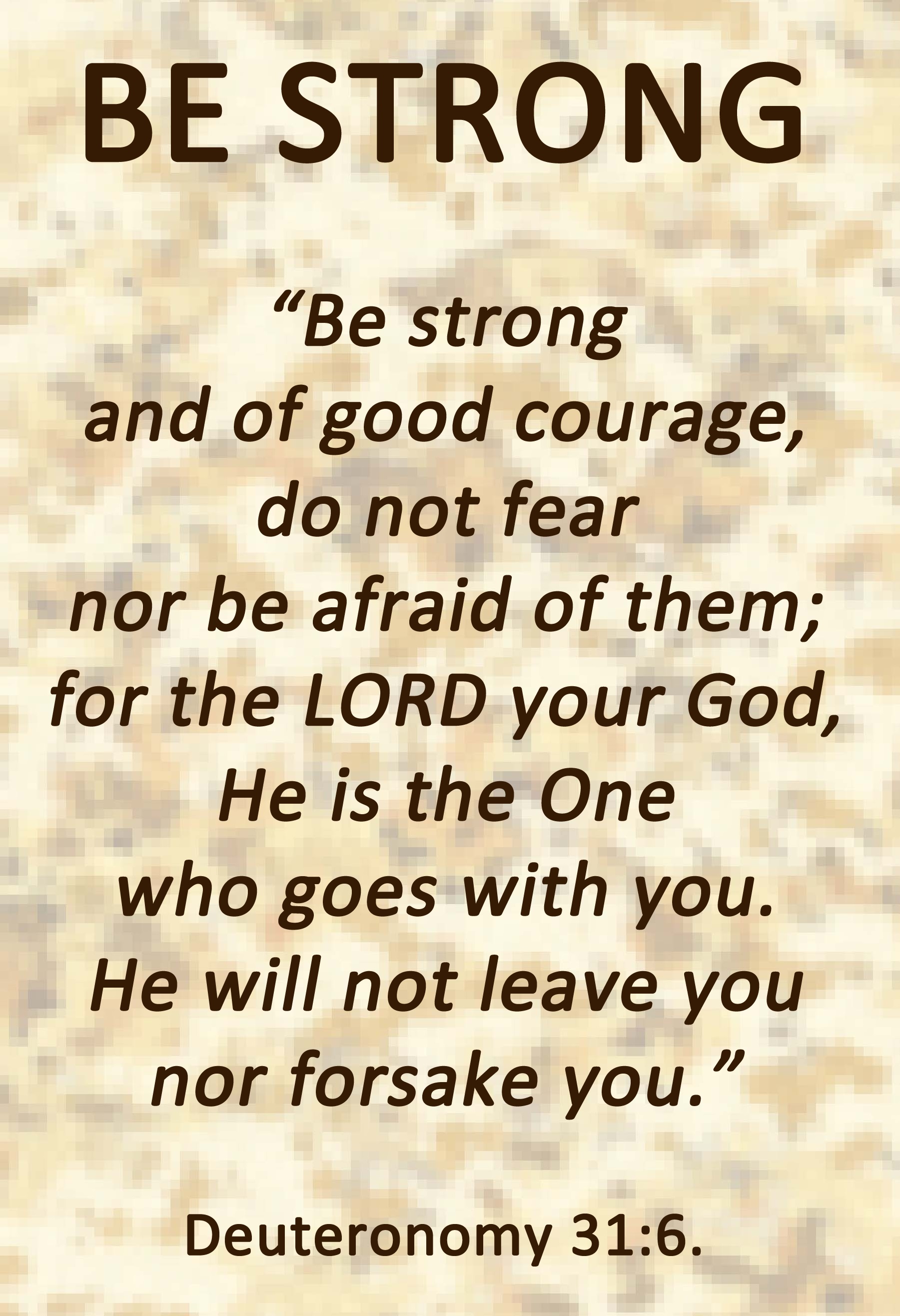The Old Man from Bucharest
/September 12th, 2011
Bucharest, Romania
A sharp glance to the left and there he was, my old man.
Creative Commons https://www.pexels.com/photo/food-city-man-person-35612/
Earlier today on my morning walk I noticed a charismatic looking old man sitting on the steps leading down to the Piata Romana train terminal. As my eyes fell on him I straightaway felt that pleasurable warmth we might feel when we see a loved one coming nearer from the distance. “Hullo old man”, I whispered to myself, “we two have met before.” He was tall, thin, with a frowzy silvery beard, and ascetic in his appearance. I would guess his age somewhere in the seventies. He was wearing a long brown coat which fell below the knees and which reminded me of a huge poster I had once seen in Istanbul of Turkmenistan aksakals. Walking on I decided to take a seat at the nearby bus-stop before heading to the hotel for a late breakfast and a change of shirt. Within a few minutes I sensed a welcome presence approaching to share my bench. A sharp glance to the left and there he was, my old man. Thereupon I also noticed the eyes; a dark shade of green and a little sunken. They were peaceful, comprehending eyes. I felt them looking into me, through and past the boundaries of my flesh. As I have felt before with the elders of the desert. We stayed together, the old man and me, for the better part of two hours. We sat quietly observing the world and listening to the stories. Now and then we turned to look at each other. He then left disappearing into the busy street. Who was he and where did he go, Michael? I would think our phlegmatic Irishman Samuel Beckett would have liked this picture. We are all waiting. The not too easy task is to identify things and to give them their name.
N.B. The image in this entry is not of the old man in the story. After much searching online this striking photograph I have added here is amazingly close. My beautiful "old man" would not permit for me to take his photograph. MGM
Draft for a little story after a chance encounter
An old man stepped out into the bright light and headed towards Piata Romana. He looked about with the gaze of the barn-owl and walked off into the direction of the bus-stop where others were also waiting. His disorganized flowing silvery beard and his balding head did not detract from the compelling loveliness of his countenance. Though he could have done with a good scrubbing and his clothes were in need of a wash, there was yet this ‘cleanliness’ about him that you would not have considered him in any manner soiled. The younger man with the laptop in his hands, next to whom the old man from Bucharest sat to rest, was also balding but was clean shaven for his time had not yet come. The old man was carrying a small suitcase. “They usually do” the younger man thought to himself, “…these types of fellows seem to always be carrying suitcases and do not go for shoe-laces either.” The younger man, the one whose time had not yet come, peered into the suitcase which was held together by two large luggage straps. He spotted a fleece blanket of different colours and a gold-leaf trumpet. He also thought he could make out a plume of white feathers. The old man and the younger man exchanged glances, each accepting and recognizing the presence of the other. Their eyes scanned the crowd with their heads moving in unison left to right, up and down, precisely as the moment would require. Now and then their attention was lost to a robin or to a leaf from the black locust. And the old man and the younger man would look at each other, acknowledging the beauty in the world which goes by many names. The younger man offered the old man a Romanian pretzel; he took it without saying a word except to nod his head in approval. The old man from Bucharest with the disorganized flowing silvery beard reached into his torn coat and pulled out a small monumental tree. He then jumped to his feet and with episcopal dignity lowered his head and touched his chest with his right hand. The younger man did the same. But the old man did not leave until the younger man took off his shoes and offered them to the outstretched hands which, from the wrist up, were covered in thick white down.


